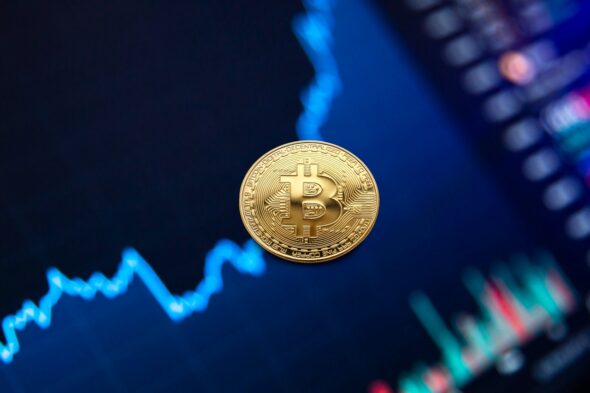
How Foreign Currency Exchanges and Dealers Make a Profit
Most of the transactions in the foreign exchange market are portfolio investments or funding and withdrawal mechanisms driving the activity on something like the best online casino Australia has on offer; the short-term movement of financial capital in and out of currencies and the actions of large foreign exchange traders who buy and sell each other. The market supports direct speculation (valuation of the relative value of currencies) and carry trades (speculation based on different interest rates between two currencies). When a decision is made to support the dollar or to value a currency, a Forex trading desk at the Federal Reserve Bank of New York can buy and sell dollars, which reduces the value of the dollar, or it can sell dollars and buy currencies, like the Fed.
Companies, financial institutions, governments, investors and individuals use foreign exchange markets to adjust their foreign exchange holdings. The foreign exchange market enables companies that make transactions in foreign currencies to convert the currency deposited with them into any foreign currency deposits.
In foreign exchange markets, supply and demand correlate when a person or company demands one currency while offering another. The text below summarises the main categories of denominators and providers of currencies. On the supply side of the market there are those who trade in US dollars, foreign companies that sell imports to the US economy and try to convert their revenues into their home currency, US tourists and US investors who wish to make financial investments in foreign economies.
The demand for US dollars arises from : (1) the supply of US dollars by US exporting companies that earn foreign currency and try to pay for spending in the USA; (2) foreign companies that sell or import goods into the United States and earn US dollars to try to pay for spending incurred in their home country; (3) foreign tourists visiting the US and US tourists visiting other countries; (4) foreign investors who wish to make direct investments in the US economy; (5) US investors who wish to make foreign direct investments in other countries and (6) foreign investors who wish.
A foreign exchange market is a network of financial institutions (brokers) in which individuals, companies, banks and governments purchase and sell currencies in different countries. They do this to finance international trade, to invest in companies or to speculate on currency fluctuations. Foreign currency companies, also known as Foreign Exchange Brokers, differ in that they do not offer currency trading, foreign exchange payments or physical delivery of currencies into bank accounts speculatively.
Although the likes of the best high roller casino online gamers frequent can lay claim to a significant share of the activity, most foreign exchange traders are banks, but a small number of financial companies known as traders are involved in large quantities in foreign exchange trading on the so-called interbank market and some insurance companies and other financial companies are also involved. Forex brokers are also active in over-the-counter (OTC) trading. This is a market which is not subject to the same rules as other financial exchanges and Forex brokers are not subject to many of the rules for securities transactions.